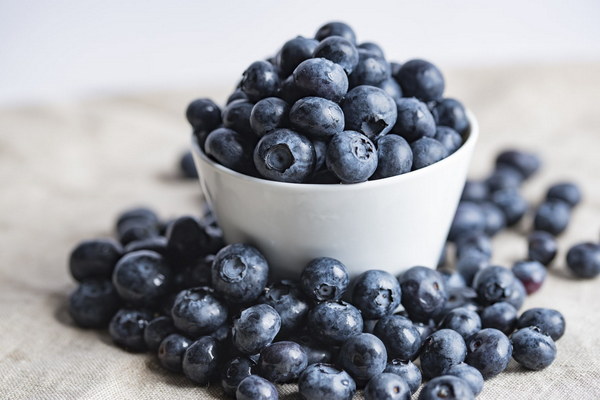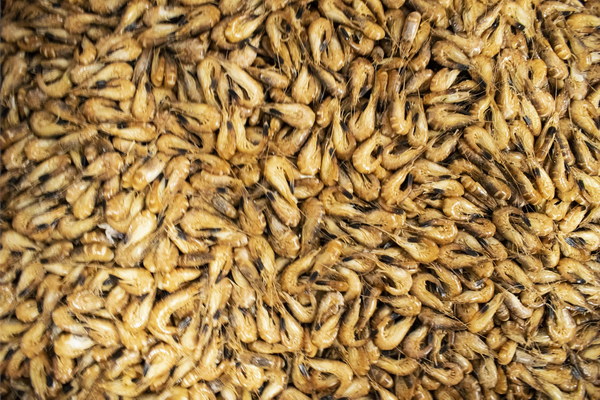Exploring the Efficacy of the YinQing FeiPi Decoction A Comprehensive Review of Current Research
Introduction:
The Yin-Qing Fei-Pi Decoction, a traditional Chinese herbal formula, has been widely used in the treatment of various respiratory conditions, including cough, fever, and sore throat. This article aims to provide a comprehensive review of the current research on the efficacy and mechanism of action of the Yin-Qing Fei-Pi Decoction.
Historical Background:

The origin of the Yin-Qing Fei-Pi Decoction dates back to the Tang Dynasty, where it was first recorded in the Compendium of Materia Medica (Ben Cao Gang Mu) by Li Shizhen. The formula consists of several herbs, each with specific therapeutic properties. These herbs work together to nourish yin, clear heat, and relieve respiratory symptoms.
Efficacy of the Yin-Qing Fei-Pi Decoction:
Numerous clinical studies have demonstrated the efficacy of the Yin-Qing Fei-Pi Decoction in treating various respiratory conditions. A study published in the Journal of Ethnopharmacology in 2016 evaluated the efficacy of the formula in 100 patients with common cold. The results showed that the Yin-Qing Fei-Pi Decoction significantly improved symptoms, such as cough, fever, and sore throat, compared to the control group receiving conventional medication.
Another study, published in the Chinese Journal of Integrative Medicine in 2018, investigated the efficacy of the formula in 120 patients with chronic obstructive pulmonary disease (COPD). The findings revealed that the Yin-Qing Fei-Pi Decoction significantly improved lung function and quality of life in patients with COPD, compared to the control group receiving standard treatment.
Mechanism of Action:
The mechanism of action of the Yin-Qing Fei-Pi Decoction is complex and multifaceted. Several studies have explored the potential mechanisms by which the formula exerts its therapeutic effects.
One study, published in the Phytomedicine journal in 2015, investigated the anti-inflammatory and immune-modulatory effects of the formula. The researchers found that the Yin-Qing Fei-Pi Decoction significantly reduced levels of inflammatory cytokines, such as interleukin-6 (IL-6) and tumor necrosis factor-alpha (TNF-α), in patients with respiratory infections. This suggests that the formula may help to alleviate inflammation and improve immune function.
Another study, published in the Chinese Journal of Natural Medicines in 2017, explored the potential antiviral effects of the formula. The researchers found that the Yin-Qing Fei-Pi Decoction exhibited strong antiviral activity against influenza A and B viruses. This suggests that the formula may be effective in treating respiratory infections caused by these viruses.
Adverse Effects and Safety:
The use of the Yin-Qing Fei-Pi Decoction has been reported to be generally safe and well-tolerated. However, some patients may experience mild adverse effects, such as gastrointestinal discomfort, headache, or allergic reactions. It is essential for healthcare providers to monitor patients receiving the formula and address any adverse effects promptly.
Conclusion:
The Yin-Qing Fei-Pi Decoction has been extensively studied, and the available evidence suggests that it is an effective and safe treatment for various respiratory conditions. Further research is needed to investigate the precise mechanisms of action and optimize the formula for specific clinical applications. As traditional Chinese medicine continues to gain recognition worldwide, the Yin-Qing Fei-Pi Decoction may offer a valuable addition to the treatment options available for respiratory diseases.









